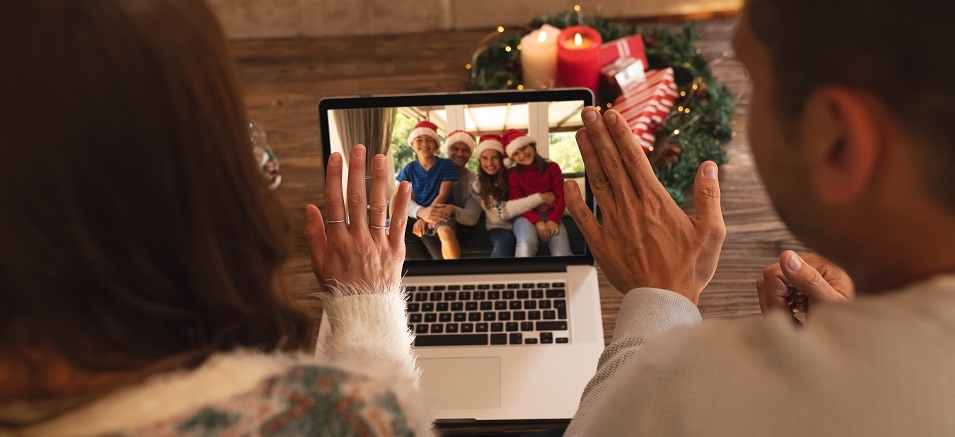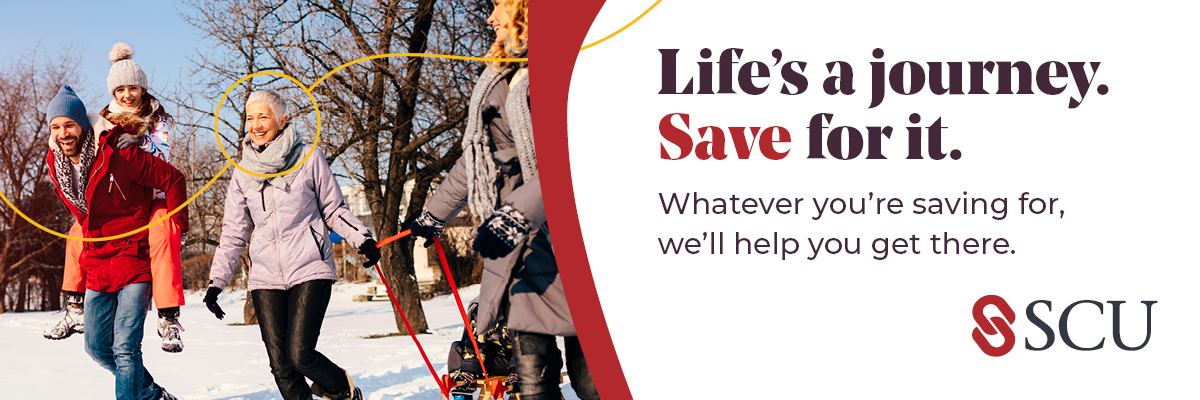
As our healthcare and political leaders cast doubts on the chances of people holding holiday gatherings this year, public morale appears to be wearing thin. Symptoms of our collective exhaustion include: the ubiquitous conflicts on social media, vitriolic comments on news stories about the pandemic, and anti-mask protests.
In short, everyone is sick of COVID.
It must be acknowledged that the pandemic, and especially this second wave and the latest lockdown, is taking a toll on our mental health.
The Canadian Mental Health Association (CMHA) published findings earlier this year indicating that 38 percent of Canadians surveyed reported worsening mental health due to the pandemic.
The findings also showed that not all Canadians have been affected equally. Compared to the general population, those who were already struggling with their mental health stated that they were twice as likely to have their mental health decline due to the pandemic, three times more likely to experience difficulties coping with the pandemic, and four times more likely to have suicidal thoughts.
In addition, people who live with a disability, people who are Indigenous or people of colour, and those who live in low-income households are being disproportionately impacted by the pandemic, both economically and psychologically.
Most concerningly, the CMHA found that across the board in Canada very few people with existing mental health struggles are accessing services due to the pandemic. Only two percent were accessing in-person services, while five percent utilized online resources and 14% have accessed virtual care.
Those numbers are perilously low. More people need help, and fewer people are reaching out.
After the pandemic began, psychologists from Binghamton University in Upstate New York compared the situation to a natural disaster, pointing out that in the wake of hurricanes and floods, survivors tend to experience a number of mental health issues, including anxiety, depression, addictive behaviours, and sometimes post-traumatic stress disorder (PTSD).
The difference, of course, is that the economic and physical displacement caused by most natural disasters is localized and comparably short-lived. With the pandemic, these effects are widespread and long-lasting.
Rightly, mental health experts around the world have been sounding the alarm.
We have to point out, though, that despite the psychological challenges imposed by lockdowns and physical distancing, almost none of these experts are suggesting that the world abandon the lockdown responses and ignore the ongoing pandemic. While some people in these fields deny the reality of the pandemic, they are by far the minority. The vast majority of experts, backed by the vast majority of evidence, support masks, physical distancing, and even lockdowns.
This is an incredibly important point to emphasize, and one we may need to be reminded of often lest in our frustration we begin to listen to voices that have no business giving public health advice simply because they’re saying what we wish to hear.
As many great scientists have pointed out—the late Carl Sagan among them—it can be very dangerous to believe something simply because we want it to be true.
The severe impact currently being experienced by our healthcare system demonstrates the dire circumstances we could find ourselves in should we ignore the current dangers. While the costs of the pandemic response are high, they pale in comparison to the potential collapse of the medical system.
Fortunately, having lived with the COVID-19 pandemic for almost an entire year, we’ve learned a great deal about how it has been affecting us—and about what can be done to mitigate those effects.
One mitigation is how we deliver mental health care. Earlier this year, a group of mental health experts from around the world came together to publish a paper in Lancet Psychiatry, one of the world’s foremost academic journals. In their paper, they pointed out the possible course that COVID-19 would take and the most likely mental health outcomes that would result. They argued that virtual or remote mental health therapy programs have the potential to fill the gaps in mental health service delivery in a time when in-person therapy is limited.
Manitoba has one of these systems. AbilitiCBT, an internet-based cognitive-behavioural therapy program, has been made available to all Manitobans during the pandemic. It connects people with a trained therapist and walks them through a virtual program designed to help them cope with mental health symptoms, especially anxiety.
The provincial government has made this program freely available to all Manitobans, and we urge everyone to take advantage of it.
Another way to reduce the mental health impact of the pandemic comes in how we approach the holidays. Health and mental health experts have been publishing tips, and they tend to cover the same general points.
1. Acknowledge the difficult feelings that come with a physically distanced holiday. Missing family and friends is normal. Acknowledging our feelings, rather than ignoring them or coping in destructive ways, is healthy. For those who have children, this can set a good example of high emotional intelligence.
2. Be realistic about how different this season is going to be. These are extraordinary times. Choosing to accept this is much healthier than ruminating about how unhappy the reality of the pandemic makes us.
3. Reach out to family and friends. Isolation is becoming part of our lives, but it need not define our holidays. Phone calls and video calls can still help us stay connected during this time. Encourage friends and relatives who are struggling—and if you aren’t sure if they’re struggling, perhaps you should ask. Also, there are ways to make video calls more significant and meaningful; a virtual carol singalong has the potential to be chaotic, but also a source of fond memories (eventually).
4. Practice resilience. Human beings are surprisingly resilient, and the holidays can inspire this resilience in us. For an example of human resilience in the face of hardship, look no further than the Christmas Truce of 1914, when soldiers from the German and British armies on the Western Front during World War One left their trenches on Christmas Day to break bread and sing carols together. We may not be in literal trenches this year, but we can stand together against the threat that COVID-19 represents.
The truth is that the pandemic is taking a toll on our mental health, and these holidays are going to be different. But if we support each other, reach out for help when we need it, and seek opportunities to be resilient, we will be able to celebrate the holidays a year from now in a much brighter and safer world.



















